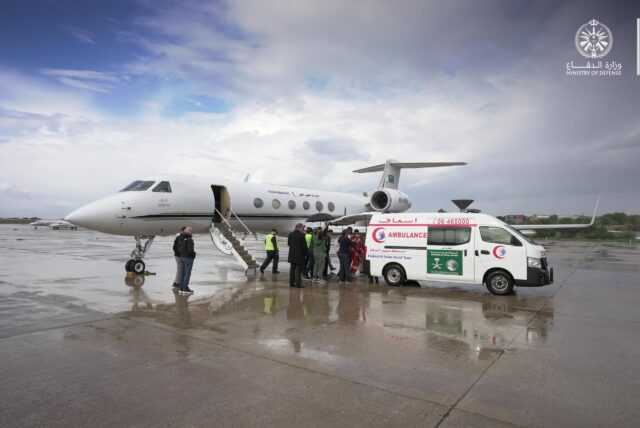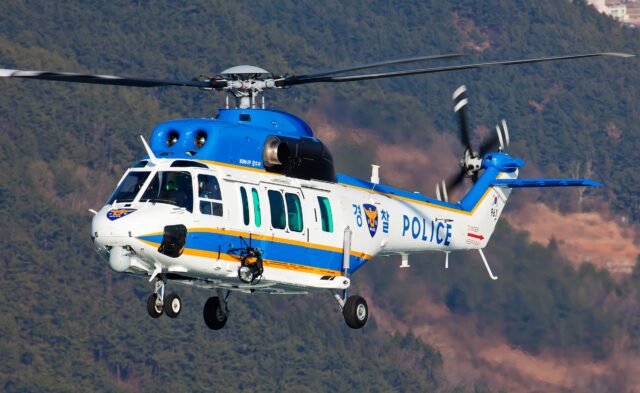
Image: Wizz Air
MOL, in cooperation with Neste, Budapest Airport, RÜK (Airport Fuel Supply Kft.) and Wizz Air, have started commercially testing its sustainable aviation fuel (SAF) supply chain.
The project supports broader efforts in the aviation industry to reduce CO2 emissions and aims to prepare the fuel supply system at Budapest Airport ahead of the EU SAF blending mandates, which will be introduced in 2025.
On 10 May, Wizz Air took off from Budapest Airport for the first time using a blend of Neste MY Sustainable Aviation Fuel supplied by MOL. During the SAF test, Wizz Air’s five newest Airbus A321neo aircraft were fuelled with a total blend of 23.5 tonnes containing 37% pure SAF and 63% Jet A1 fuel. The aircraft carried passengers from Budapest to Paris, Luqa (Malta), Madrid, Castellon, Eindhoven.
With these flights MOL, as the fuel supplier to Budapest Airport, and Wizz Air, Europe’s fastest growing and most sustainable airline globally*, have taken another step to reduce the environmental footprint of transportation fuels. The SAF is produced by Finnish company Neste from used cooking oil and animal fat waste. Using SAF reduces carbon emissions by up to 80% over the fuel’s life cycle compared to using fossil jet fuel.
Csaba Zsótér, senior vice president of the MOL Group’s Downstream Fuels, said: “Our strategic goal is to kick-start Hungary’s circular economy and make our operations carbon neutral by 2050. We are constantly testing new technologies and developing our products to strengthen the region’s security of supply with low-carbon fuels and accelerate the green transition. So far, we have mainly taken steps in road transport fuels. At the Danube Refinery, for example, we have been co-processing vegetable oils, used cooking oils and animal fats with fossil components since 2021 to produce more sustainable diesel. We are now moving into a new area, working with our partners to gain experience in aviation fuels to make aviation more sustainable. I am confident that the first SAF shipment, which is now being launched as a commercial test, will be followed by many more.”
In the Danube Refinery, bio-based materials – vegetable oils, used cooking oils and animal fats – have been processed together with fossil components during fuel production, in order to produce more sustainable diesel since 2021. The recycling of waste is also supported. Since 2011, used cooking oil can be handed in at MOL filling stations.
Wizz Air operates with the lowest carbon emissions per passenger/km against all competitor airlines. To achieve this, the airline has invested heavily in its fleet by adding new and replacing older aircraft with the Airbus A321neo aircraft. The Airbus A321neo aircraft incorporates the latest technology, offering significant environmental benefits and can currently fly with up to 50% SAF blend.
Climate change
Yvonne Moynihan, Corporate and ESG Officer at Wizz Air, said: “Today’s SAF test, which is ahead of the legislative mandates coming in 2025, demonstrates that industry collaboration is one of the most impactful ways to address the current climate challenge. While Wizz Air is already leading in sustainability with one of the world’s youngest aircraft fleets and highly efficient operations, the SAF initiative at Budapest Airport is a testament to our broader strategy, with alternative fuels playing a significant role. This marks further progress against our commitment to reduce our carbon intensity by 25% by 2030 and shows we remain laser focused on technology and innovation.”
“It is a forward-looking, highly innovative, and long-awaited moment to see an aircraft being filled with sustainable aviation fuel here at Ferenc Liszt International Airport. Hundreds of thousands of litres of kerosene are consumed every day at Budapest Airport, and we would very much like to see an increasing proportion of sustainable aviation fuel being used to service flights as soon as possible,” said CEO of Budapest Airport, Chris Dinsdale said. He added: “Budapest Airport is doing a lot to make the airport as sustainable as possible, and we have reduced our direct emissions from operations by 65% in ten years. It is a key priority to achieve net zero emissions by 2035 at the latest, 15 years earlier than our previous commitment. However, in order to make the whole industry more sustainable and to further reduce emissions from aviation, the use of SAF is vital.”
Subscribe to the FINN weekly newsletter
















